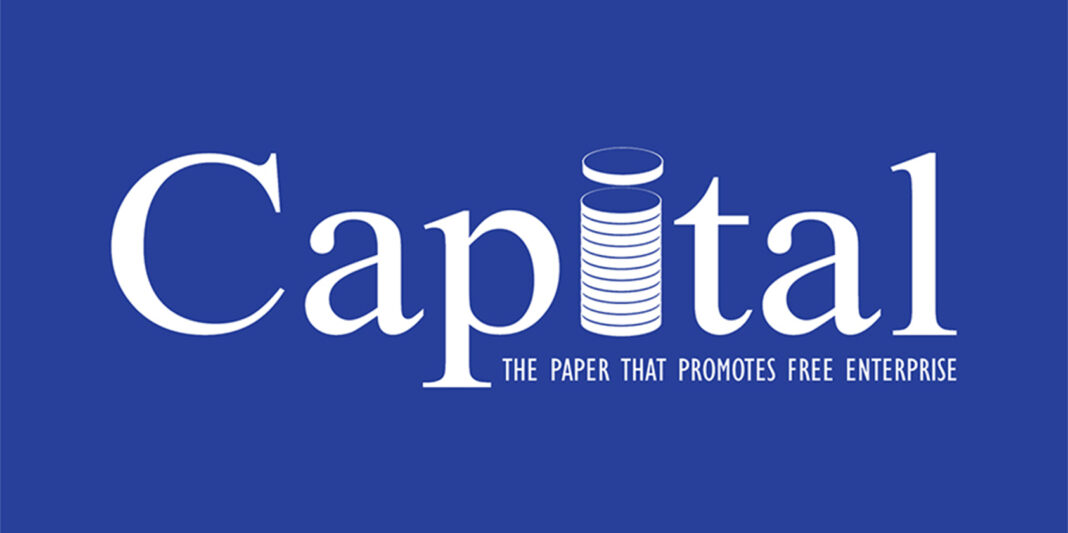The 21st century is witnessing a dramatic transformation in how societies conceptualize progress, prosperity, and development. Traditional economic models once centered on industrialization, material accumulation, and GDP growth are now being re-examined in light of global challenges such as climate change, income inequality, technological disruption, and cultural diversification. This shift in mind-set is often referred to as New Age Thinking, a paradigm that blends technological innovation, sustainability, and human-centric values to redefine economic development.
Amartya Sen’s Capability Approach is central to New Age Thinking. It emphasizes that development should expand people’s freedoms, their capabilities to lead lives they value, rather than simply raising incomes. Education, healthcare, and empowerment thus become primary indicators of progress.
Historically, economic development was equated with industrial capacity, infrastructural expansion, and higher output. Governments measured success largely by GDP, per capita income, and trade surpluses. While these metrics remain important, they fail to capture the complexities of well-being, environmental health, and social equity.
New Age Thinking broadens the definition of development by including intangible dimensions such as quality of life, mental health, creativity, cultural capital, and ecological balance. It recognizes that growth, if not inclusive or sustainable, may end up undermining long-term prosperity.
Core Principles of New Age Thinking in Economics includes – Human-Centric Development. Economic progress is increasingly being linked with human well-being rather than just wealth creation. The Human Development Index (HDI), Gross National Happiness (GNH), and well-being economics are gaining ground as alternative measures. The idea is that education, healthcare, and personal fulfillment must be prioritized alongside income growth.
Sustainability and Green Growth – New Age economics emphasizes the circular economy, renewable energy, and sustainable production. Economic development is now being tied to environmental stewardship, with global goals like net-zero emissions shaping investment strategies. Businesses are also adopting ESG (Environmental, Social, and Governance) frameworks to ensure long-term viability.
Technological Transformation – The digital revolution through artificial intelligence, blockchain, and automation has created opportunities for efficiency, transparency, and inclusivity. At the same time, it requires rethinking labor markets, education systems, and social safety nets to manage disruptions.
Inclusivity and Social Equity – A key departure from older models is the emphasis on equity. Development policies are being designed to reduce gender gaps, address systemic poverty, and ensure participation of marginalized communities. Inclusive growth is recognized as essential to social stability and economic resilience.
Global-Local Synergy – While globalization integrates economies, New Age Thinking also revives the importance of local culture, community-driven initiatives, and indigenous knowledge systems. Balancing global competitiveness with local sustainability has become a central concern.
The are several implications for Economic Development. Redefining Success Metrics: Policymakers and institutions are beginning to look beyond GDP toward holistic indicators that capture quality of life and sustainability. Shift in Business Models: Companies are moving from profit-only motives toward shared value creation, focusing on stakeholder engagement and long-term social returns. Policy Innovations: Governments are experimenting with universal basic income (UBI), digital currencies, and participatory budgeting to align development with New Age ideals. Education and Skills: Future economies will require creativity, adaptability, and emotional intelligence alongside technical skills. Lifelong learning becomes essential in this model.
While New Age Thinking offers fresh pathways, it faces hurdles: Implementing sustainability often conflicts with short-term growth goals. Wealth inequality continues to widen despite digital opportunities. Rapid technological shifts risk creating new divides between advanced and developing nations. Measuring well-being and happiness remains methodologically complex.
To conclude, the emergence of New Age Thinking represents a profound transformation in the philosophy of economic development. It integrates technology, sustainability, inclusivity, and human well-being into a holistic framework that is more suited to the complexities of the modern world. While challenges remain, the shift signals an inevitable evolution from narrow material growth to a broader, more humane vision of progress. The future of economic development lies not merely in producing more, but in creating better systems for people and the planet.





